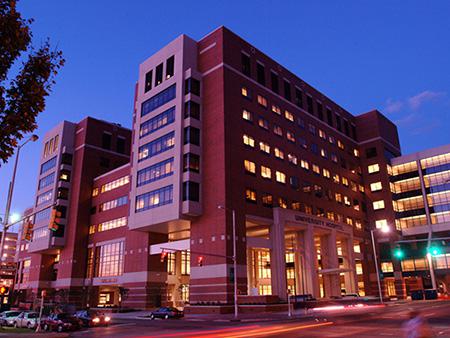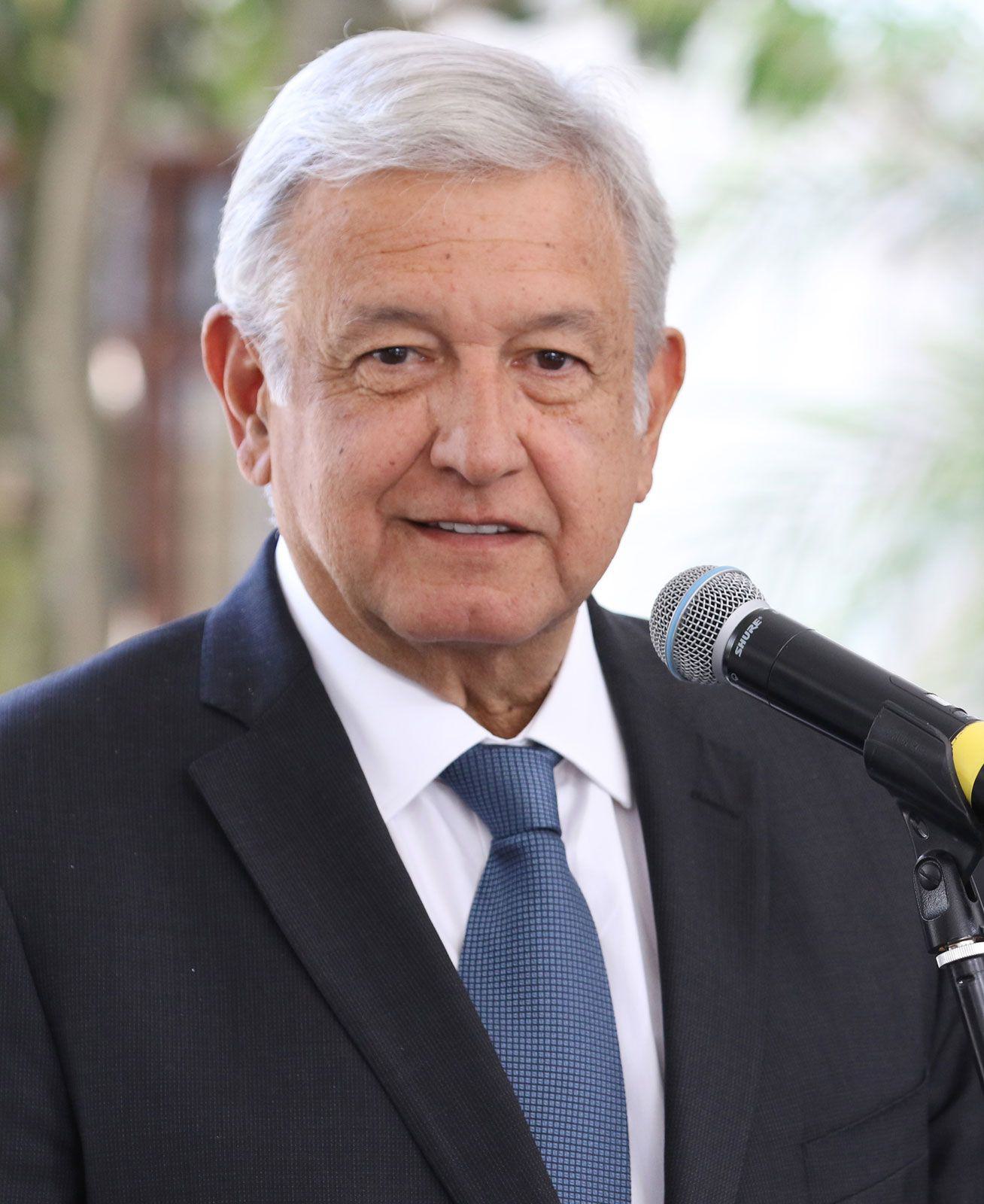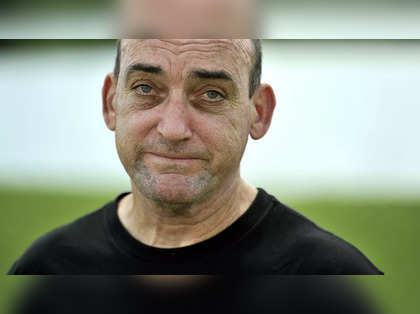Israel: Over 80,000 protest against judicial reform - Dispatch Weekly
January 16, 2023 - Reading time: 3 minutes

Over 80,000 Israelis have demonstrated in Tel Aviv against the new right-wing coalition government’s plans to restructure the judiciary.
The changes would, among other things, make it simpler for the parliament to reject Supreme Court judgments.
The proposed measures by Prime Minister Benjamin Netanyahu were branded an assault on democracy by protesters.
It comes after the installation of the most pious and rigidly conservative administration in Israel’s history.
Local media stated that protests were also gathered in front of the prime minister’s home in Jerusalem and the northern city of Haifa.
In Tel Aviv, a protesting group tried to block the Ayalon motorway, but they got into a fight with the police.
The reforms, according to their detractors, would undermine judicial independence, encourage corruption, regress minority rights, and undermine Israel’s legal system’s legitimacy.
The new coalition led by Mr. Netanyahu was referred to as a government of disgrace in banners.
Esther Hayat, the chief justice of Israel’s Supreme Court, and the attorney general of the nation are two among those who are opposed.
Media sources reported seeing demonstrators in Tel Aviv carrying Hebrew-language flyers and photos of Benjamin Netanyahu with Xs over his mouth.
There was a bunch of young females, all of them had their mouths covered in red paint. They wanted the authorities to know they wouldn’t be silent.
Through her sobs, one woman, who asked that her name not be used, revealed that she was a second-generation Holocaust survivor.
“My parents went to live in a democracy from non-democratic regimes,” she remarked. “They left the totalitarian dictatorship in order to live in freedom. It is tragic to see that destroyed.”
She and her buddy claimed they anticipated Mr. Netanyahu would attempt major changes but did not anticipate them to happen so quickly.
Since Mr. Netanyahu’s new coalition government was inaugurated in December, these protests have grown in size.
Israelis were encouraged to attend the rallies by opposition parties to “defend democracy” and in opposition to the proposed judicial reform.
According to the measures presented by Justice Minister Yariv Levin earlier this month, the Knesset (parliament) would have the authority to essentially overturn Supreme Court decisions with a simple majority. This might make it possible for the current administration to pass laws without worrying about them being overturned.
Despite the government’s denials, critics worry the next administration would use this as an excuse to drop Mr. Netanyahu’s continuing criminal case.
Mr. Netanyahu is facing charges of bribery, fraud, and breach of trust; he vehemently denies these allegations.
With the majority of the selection committee members coming from the ruling coalition, the amendments would further increase political control over the appointment of judges.
If it becomes law, the proposal might make it simpler for the government to approve legislation supporting Jewish settlements in the occupied West Bank without having to worry about Supreme Court challenges.
Israel has repeatedly emphasised the court’s ability to decide against it as a means of deflecting criticism of similar actions from other countries.

DW Staff
David Lintott is the Editor-in-Chief, leading our team of talented freelance journalists. He specializes in covering culture, sport, and society. Originally from the decaying seaside town of Eastbourne, he attributes his insightful world-weariness to his roots in this unique setting.




